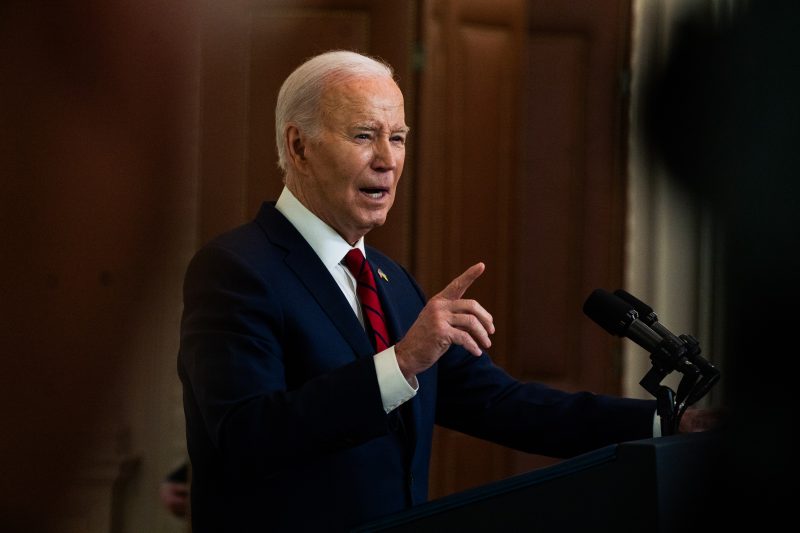The recent report on the conflict in Gaza has stirred up a whirlwind of controversy, with both praise and criticism being directed at Israel and the Biden administration. The findings of the report have highlighted the complexity and fragility of the situation in the region, further isolating President Biden from his global counterparts.
One of the key takeaways from the report is the acknowledgment of the disproportionate use of force by Israel during the conflict. The report criticizes the heavy-handed approach of the Israeli military and raises concerns about the high number of civilian casualties, including women and children. This critical stance has led to widespread condemnation of Israel’s actions, with many calling for accountability and justice for the victims.
On the flip side, the report also clears Israel of any deliberate targeting of civilians, stating that the majority of casualties were in fact unintended consequences of military operations. This finding has been seized upon by supporters of Israel as evidence that the country was acting in self-defense and within the bounds of international law during the conflict. However, critics argue that regardless of intent, the high number of civilian casualties is a grave violation of human rights and should be condemned unequivocally.
President Biden finds himself in a difficult position as a result of the report’s findings. On one hand, he has faced pressure from within his own party and the international community to take a stronger stance against Israel’s actions in Gaza. Many believe that the U.S. should use its influence to hold Israel accountable for its actions and push for a lasting ceasefire in the region. On the other hand, Biden is wary of alienating a key ally in the volatile Middle East and is treading carefully to avoid further destabilizing the situation.
The growing isolation of President Biden on the global stage is a cause for concern, as it could weaken America’s ability to broker peace and maintain stability in the region. The conflicting responses to the Gaza report highlight the challenges and complexities of the Israeli-Palestinian conflict, and the urgent need for a diplomatic solution that prioritizes the safety and well-being of all civilians involved. As the world watches and waits for the next steps in this unfolding crisis, one thing remains clear: the path to peace in Gaza is fraught with obstacles and will require bold and decisive action from all parties involved.
